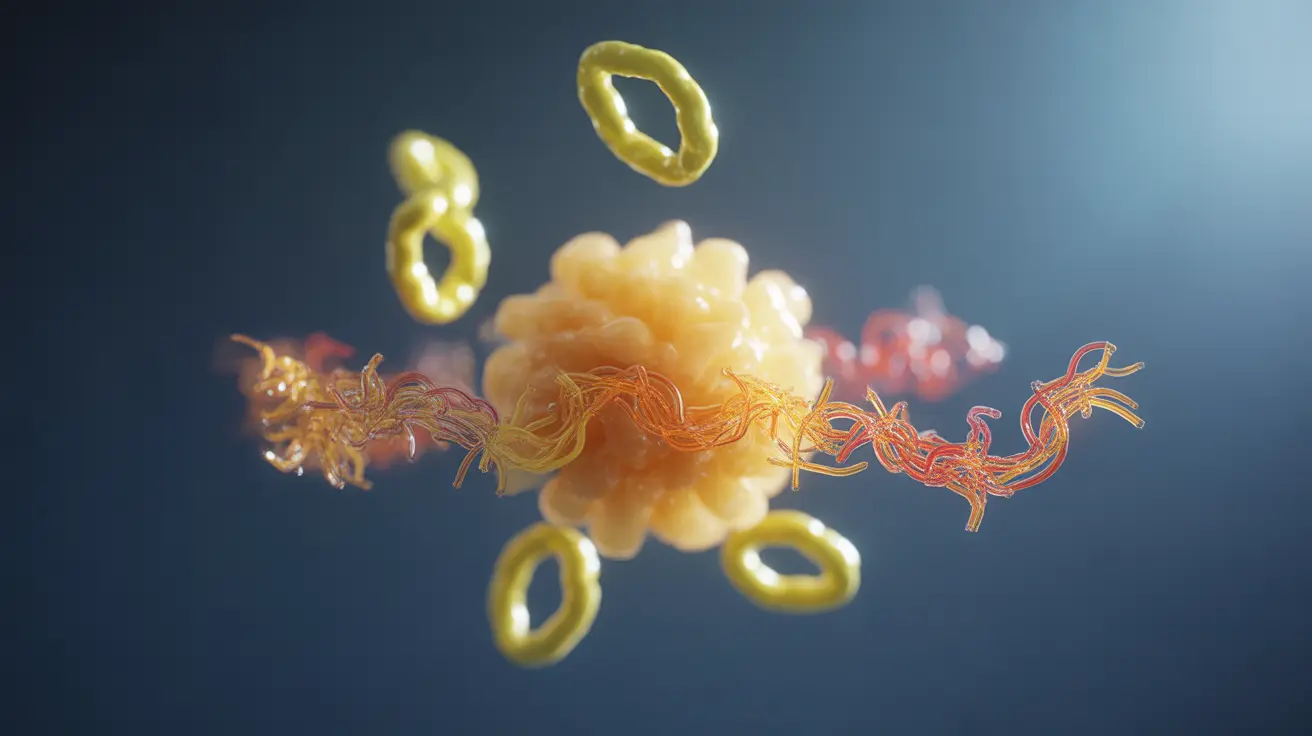The connection between low-carb diets and cholesterol levels has become a topic of intense interest as more people adopt ketogenic and other carbohydrate-restricted eating patterns. While these diets can be effective for weight loss and managing certain health conditions, their impact on cholesterol levels varies significantly among individuals and deserves careful consideration.
Understanding how low-carb diets affect your cholesterol levels is crucial for making informed decisions about your dietary choices and overall health management. Let's explore the complex relationship between carbohydrate restriction and cholesterol metabolism.
How Low-Carb Diets Impact Cholesterol Levels
When you switch to a low-carb diet, your body undergoes several metabolic changes that can affect both HDL (good) and LDL (bad) cholesterol levels. Many people experience an increase in HDL cholesterol, which is generally considered beneficial for heart health. This improvement often occurs alongside better triglyceride levels, another important marker of cardiovascular health.
However, the effect on LDL cholesterol can be more variable. Some individuals may see their LDL levels remain stable or decrease, while others might experience a significant increase, particularly on very low-carb or ketogenic diets.
The Science Behind Cholesterol Changes
Fat Adaptation and Lipid Metabolism
When following a low-carb diet, your body shifts from using primarily carbohydrates for energy to burning fat. This metabolic adaptation can lead to changes in how your body processes and transports cholesterol. The increased fat intake typical of low-carb diets may cause your liver to produce more lipoproteins to transport fatty acids throughout your body.
Individual Variation in Response
The way your body responds to a low-carb diet can vary significantly based on several factors:
- Genetic predisposition
- Overall diet quality and food choices
- Previous metabolic health
- Activity level
- Age and gender
Monitoring and Managing Cholesterol on a Low-Carb Diet
If you're following a low-carb diet, it's essential to work with your healthcare provider to monitor your cholesterol levels regularly. This typically involves:
- Getting a baseline lipid panel before starting the diet
- Regular follow-up testing every 3-6 months
- Comprehensive assessment of all cardiovascular risk factors
- Adjusting the diet based on individual response
Optimizing Your Low-Carb Diet for Heart Health
To maintain healthy cholesterol levels while following a low-carb diet, consider these strategies:
- Choose high-quality protein sources
- Include heart-healthy fats like olive oil, avocados, and nuts
- Incorporate fiber-rich, low-carb vegetables
- Maintain regular physical activity
- Consider Mediterranean-style low-carb approaches
Frequently Asked Questions
How does a low carb diet affect good (HDL) and bad (LDL) cholesterol levels?
Low-carb diets typically increase HDL (good) cholesterol levels and improve triglyceride levels. The effect on LDL (bad) cholesterol varies by individual, with some experiencing increases while others see decreases or no change.
Why do some people experience a big increase in LDL cholesterol on ketogenic or very low-carb diets?
The increase in LDL cholesterol some people experience on ketogenic diets may be due to increased fat metabolism, genetic factors, and changes in how the body processes and transports fatty acids when carbohydrates are severely restricted.
What are the potential heart health risks associated with high-fat, low-carb diets like keto?
While low-carb diets can improve several heart health markers, the potential risks include elevated LDL cholesterol in some individuals. The long-term cardiovascular effects may vary based on individual factors and the specific composition of the diet.
How often should cholesterol be monitored when following a low-carb or ketogenic diet?
It's recommended to check cholesterol levels before starting a low-carb diet and then every 3-6 months initially. The frequency may be adjusted based on individual results and risk factors.
Can genetics influence how my cholesterol responds to a low-carb diet?
Yes, genetic factors play a significant role in how your body processes fats and carbohydrates. Some people may be more sensitive to dietary changes and experience more dramatic shifts in cholesterol levels on a low-carb diet due to their genetic makeup.




